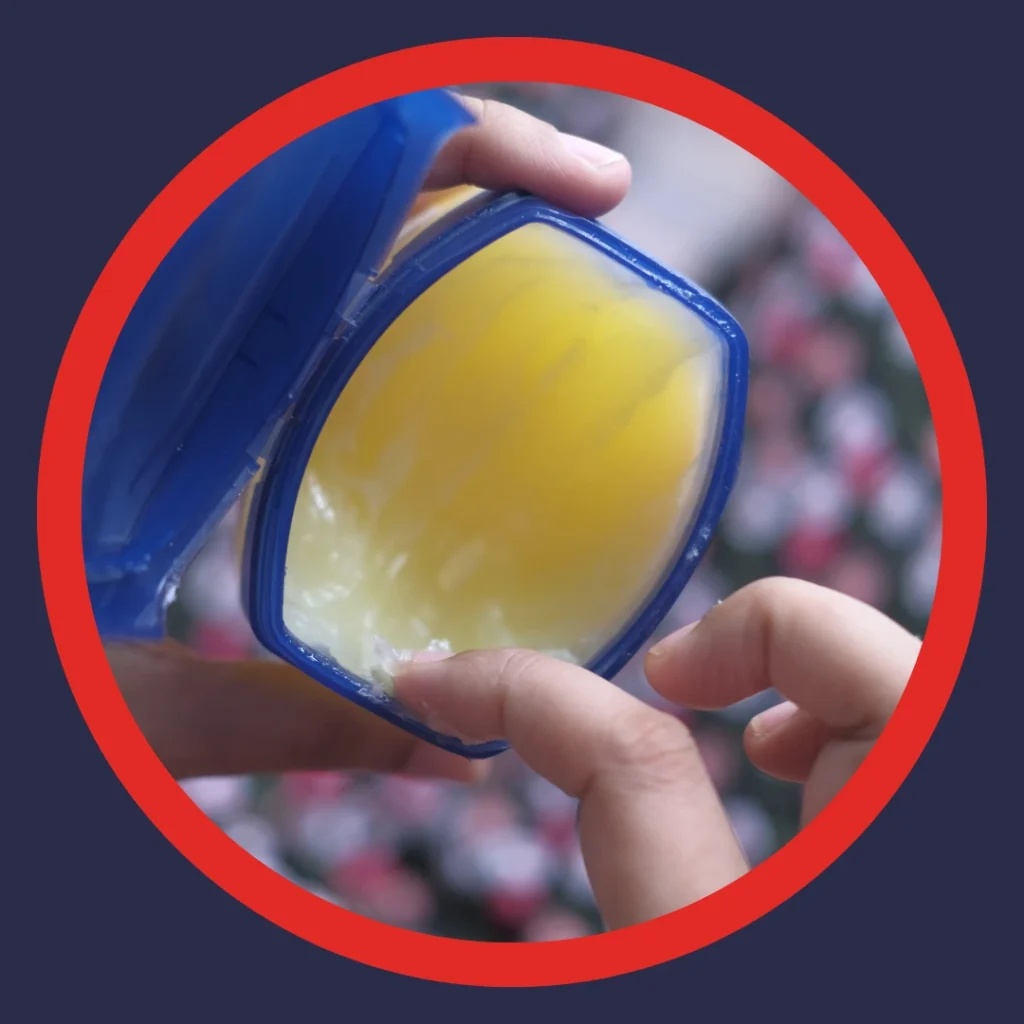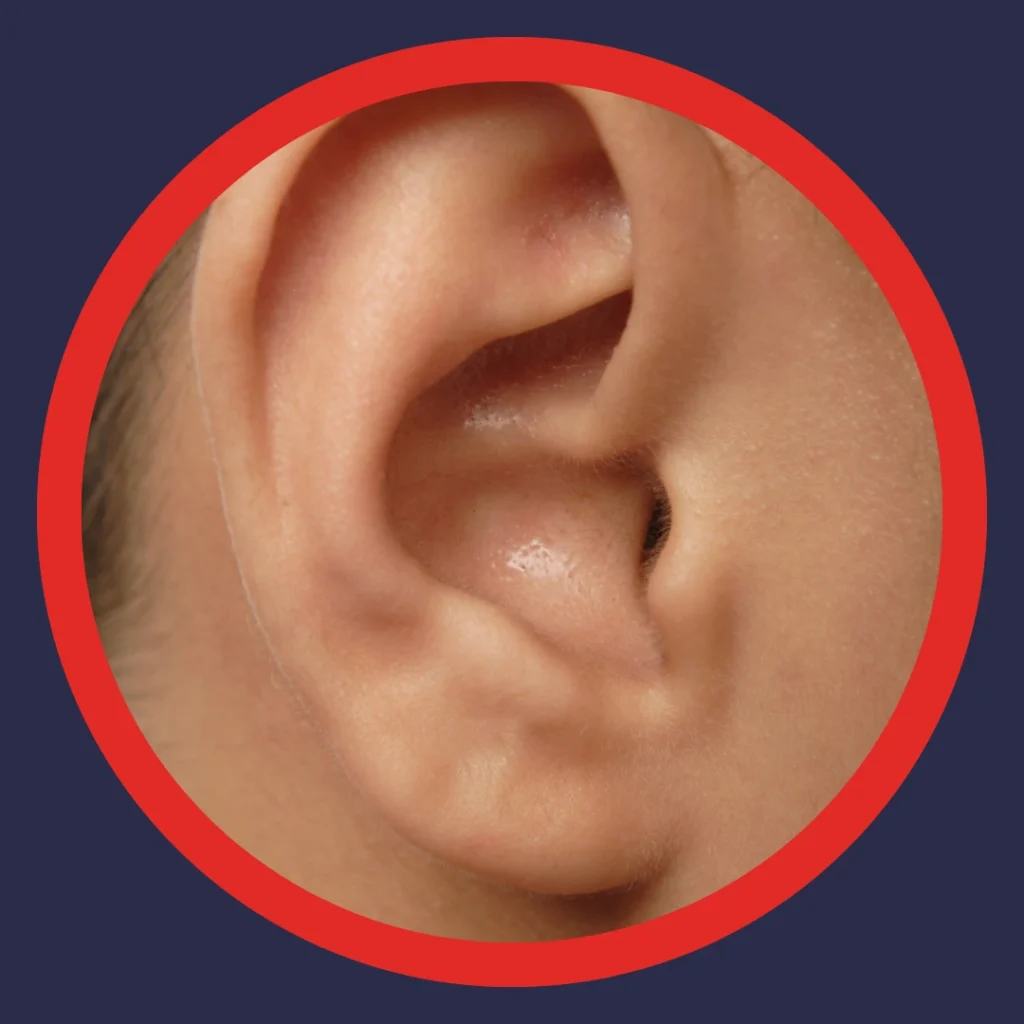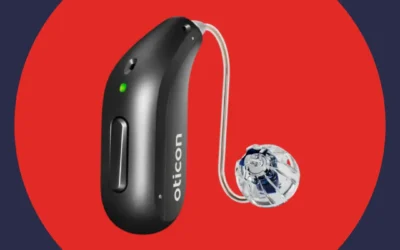Itchy ears are a frustrating but common issue. Whether the itch is deep inside or just around the outer edge, it can be tough to resist the urge to scratch. If you’ve reached for a cotton swab, paperclip, or your fingernail to relieve the sensation, you may have made the problem worse.
In many cases, itchy ears are caused or worsened by your own habits. From over-cleaning to allergy reactions, the itch often starts with something easily preventable. The good news? There are effective remedies to soothe the irritation—many of which you can try at home.
Understanding Why Your Ears Itch
Before treating the itch, it’s important to understand the possible causes. Several factors can trigger itchy ears. Some are external, like skin products or jewelry. Others are internal, like infections or immune conditions.
Common causes of itchy ears include:
- Excessive cleaning or scratching
- Dry skin or eczema
- Earwax buildup or impaction
- Hearing aids or earbuds that irritate the skin
- Fungal or bacterial infections
- Seasonal allergies or food sensitivities
- Metal sensitivities, especially nickel in earrings
- Jaw tension or temporomandibular disorder (TMD)
- Chronic skin conditions like psoriasis
- Underlying medical issues such as diabetes or liver disease
Itchy ears may seem harmless, but persistent irritation can lead to infection or hearing issues. That’s why early, gentle treatment is key.
Focus on your overall health by exploring nutrients that can support your hearing health.
10 Remedies for Itchy Ears That Actually Work
Itchy ears don’t always require medical treatment. In many cases, you can get relief at home. The following remedies target different causes and help calm irritation without risking damage to your ears.
1. Use Over-the-Counter Ear Drops
OTC ear drops are specifically designed to soothe irritation or dissolve wax buildup. Products with alcohol or hydrogen peroxide can help dry out excess moisture and reduce bacteria.
- Use as directed on the label
- Tilt your head to allow the drops to reach deeper
- Avoid using drops if you suspect a ruptured eardrum
Ear drops provide fast relief, especially for minor wax-related itching.
2. Apply a Warm Compress
A warm compress increases blood flow and can soothe irritated skin and muscles.
- Use a soft, damp cloth
- Apply it to the outer ear for 10–15 minutes
- Repeat several times a day as needed
This method works well if your itchy ears stem from jaw tension or inflammation.

3. Try Petroleum Jelly for Dry Skin
If dry skin is the issue, a small amount of petroleum jelly can help.
- Gently clean the outer ear
- Apply a thin layer to the dry area
- Avoid placing any product inside the ear canal
This method seals in moisture and helps heal tiny skin cracks that may cause itching.
4. Diluted Apple Cider Vinegar Rinse
Apple cider vinegar helps rebalance the skin’s natural pH, making it less hospitable to bacteria and fungi.
- Mix equal parts vinegar and water
- Apply gently to the outer ear with a cotton ball
- Do not insert into the ear canal
Avoid this method if you have broken skin or suspect an infection.
5. Use Hydrogen Peroxide to Break Up Wax
Hydrogen peroxide can help dissolve hardened earwax and relieve pressure-related itching.
- Tilt your head and place a few drops into your ear
- Let it bubble for a minute
- Drain over a sink and pat dry
This treatment can also help kill bacteria, but it should be used cautiously and never daily.
6. Apply Coconut Oil to Soothe Irritation
Coconut oil contains antimicrobial properties and soothes dry, flaky skin.
- Use only a small amount on the outer ear
- Avoid placing any oil inside the canal
- Apply once or twice a day
Coconut oil is a good option if your ears itch due to external dryness or mild dermatitis.
7. Try Aloe Vera for Inflammation
Aloe vera cools inflamed skin and provides fast relief from irritation.
- Use pure aloe vera gel (no added alcohol or fragrances)
- Apply it to the outer part of the ear
- Allow it to air dry
This method is ideal for people with contact dermatitis or mild eczema flare-ups.
8. Take an Antihistamine for Allergies
Allergies are a leading cause of itchy ears, especially during seasonal changes.
- Use over-the-counter allergy medicine
- Antihistamines help stop histamine responses that cause itching
- Consider a daily antihistamine during allergy season
This option is best for people with hay fever, oral allergy syndrome, or food sensitivities.
9. Use a Humidifier to Restore Moisture
Dry indoor air can make your skin—including inside your ears—itch more.
- Place a humidifier in your bedroom
- Aim for a humidity level between 40%–60%
- Clean your humidifier regularly to avoid mold
Adding moisture to your environment helps relieve dryness-related ear itching.
10. Follow a Gentle Ear Hygiene Routine
Many itchy ear issues stem from aggressive cleaning. Your ears are self-cleaning and don’t need much help.
- Use a damp washcloth to wipe the outer ear
- Avoid inserting anything into your ear canal
- Let warm water rinse your ears in the shower, then pat them dry
This routine protects your ears from damage and irritation while still keeping them clean.
Are you ears making strange sounds as well? Find out why.
Habits That Make Itchy Ears Worse
It’s easy to make things worse when trying to stop an itch. The following common behaviors can turn a mild issue into a painful one.
Avoid These Mistakes:
- Never use cotton swabs or pointed objects. These can damage your ear canal and eardrum.
- Don’t clean your ears too often. Over-cleaning strips natural oils and increases irritation.
- Avoid ear candles. They’re ineffective and can burn your skin or ear canal.
- Don’t use harsh soaps or hair products. Fragrances and chemicals may irritate ear skin.
- Avoid ignoring symptoms. Pain, swelling, or fluid needs professional attention.
If you’re unsure what’s causing your itchy ears, avoid home remedies and talk to a hearing care provider.

When to See a Hearing Care Provider
Occasional itching is normal, but some signs indicate a more serious issue. If you notice any of the following, schedule an appointment right away.
Seek professional care if:
- Itching lasts longer than one week
- You experience ear pain or swelling
- Your ear is leaking fluid or pus
- You have trouble hearing clearly
- Your hearing aids cause discomfort or pressure
- You notice redness, discharge, or an unusual odor
- You have jaw pain, headaches, or dizziness
A hearing care provider will use tools like an otoscope to examine your ear canal and diagnose the issue. Treatment may include cleaning, ear drops, allergy care, or adjusting your hearing aids.
What If Your Hearing Aids Are Causing Itching?
If you wear hearing aids and notice itching, you’re not alone. Hearing aids can sometimes irritate the ear due to:
- Improper fit
- Moisture buildup
- Allergic reactions to materials
- Excess wax pushed in by the device
- Poor cleaning habits
Understand why high-quality hearing aid fitting is essential.
What You Can Do:
- Schedule a fit check. Your hearing care provider can adjust domes or molds for better comfort.
- Use a lubricant. Products like MiraCell ProEar can reduce friction and soothe the skin.
- Clean your hearing aids daily. Use tools and cloths designed for device care.
- Switch materials if allergic. Hypoallergenic domes are available for sensitive ears.
- Take breaks if needed. Give your ears time to breathe when possible.
Your hearing aids should never cause pain or constant discomfort. Relief may be as simple as a quick adjustment.
Explore the top hearing aid accessories.
How to Prevent Itchy Ears
Preventing itchy ears starts with gentle care and knowing your triggers. Here’s how to keep your ears healthy and itch-free.
Prevention Tips:
- Resist the urge to scratch. Scratching increases the itch over time.
- Keep your ears dry. Dry thoroughly after showers or swimming.
- Avoid allergen exposure. Use fragrance-free hair and skincare products.
- Be cautious with earrings. Choose hypoallergenic jewelry, especially if you’re sensitive to nickel.
- Practice regular hearing aid hygiene. Clean your devices and store them in a dry case.
- Get checkups. A quick ear exam can prevent small issues from becoming big problems.
Good ear care is simple, but it makes a big difference in your daily comfort and hearing health.

Final Thoughts: Don’t Ignore Itchy Ears
Itchy ears are more than a mild inconvenience—they can signal underlying problems that need professional care. While home remedies may provide temporary relief, persistent symptoms should not be ignored. If your ears are itchy, painful, or affecting your hearing, it’s time to get help.
Contact American Hearing + Audiology Today
Our experienced hearing care providers are here to help you find lasting relief. Whether it’s earwax removal, hearing aid adjustments, or treatment for chronic irritation, we’ll tailor a solution that fits your needs.
Schedule your American Hearing + Audiology appointment today and take the first step toward itch-free ears and better hearing.



